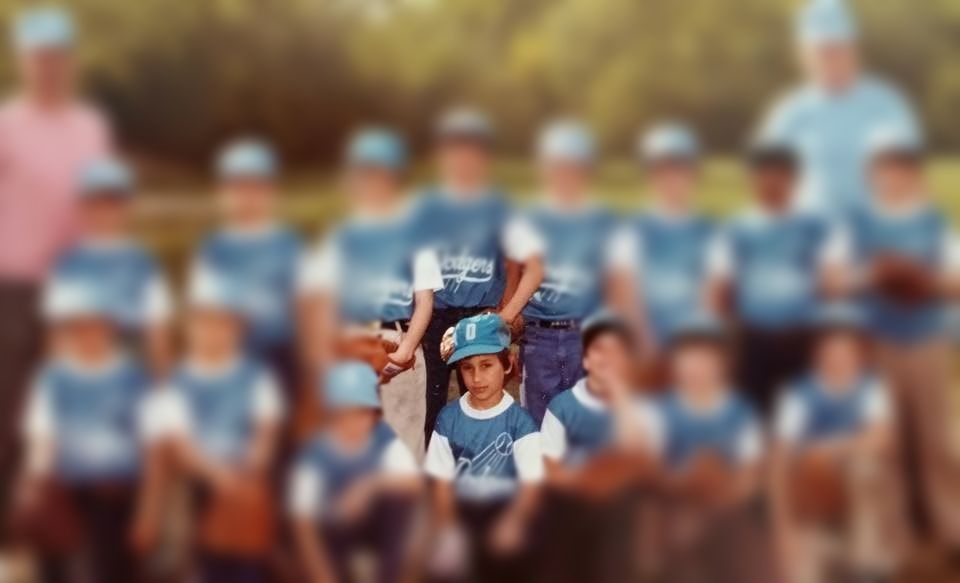 Last time we talked about being a coach and how to not only survive that “first season”, but creating coaching relationships that have an impact. The starting point is clarifying why kids play sports and join teams. I’m sure there are all kinds of more profound and well researched answers. This is one parent/coach perspective based on my experiences as a soccer coach and the undersized, slightly unmotivated little leaguer above. Kids play sports for any combination reasons:
As the new coach, you will have players with all types of reasons they’ve stepped out of the backseat of the car and started walking towards you for all the answers. Again, embrace the chance to provide whatever you know at this point. It’s likely more than they know and will start you off on the right foot. Answer something and welcome the player into the team area and thank the parent for dropping them off. They don’t need to hang out and participate. It’s the players movie and the coach is directing the story. The parents are the movie studio, or financial backers. Keep parents updated in the big “picture” as you make the film. None of these players are there to be punished or bored, but they all have some differences in what will make it interesting and fun. You will not succeed in making them all happy at every practice and game. This is part of learning how groups work and how their individual roles and efforts contribute to the outcome. Expect that you’ll drive home from some games and practices bothered by someone who is bummed out. Make it your challenge to turn it around for them next time in some way. Your goal as a coach in each practice session or game should be to guide the team as a unit and have meaningful interactions with each player. Note, I didn’t say parents. The interactions you have with a player is meaningful whether they are 5 or 17 years old, especially if they’ve been working with you for a longer period of time. What you teach at 5 will help them learn whether the game is something they will pursue throughout their childhood and into high school. What you teach them at 17 will help them understand that people with the right intentions are those that you should put your trust in vs. those with superficial motives. Where do the parents fit in? They are critical to helping their child learn all these lessons and grow. Part of that development is showing their child that they are still involved/interested but have confidence in their coach to contribute in some other ways. Everyone plays their role and communicates in the right forums. It’s all about fun regardless of their age with a deeper purpose embedded. |
Scott Moroney"As a coach, board member and new SYSA VP, I've likely seen and heard a lot of what you may be wondering how to manage as a parent or player. Great kids with supportive parents make it all a "once in a lifetime" experience. Archives
October 2019
Categories |
 RSS Feed
RSS Feed